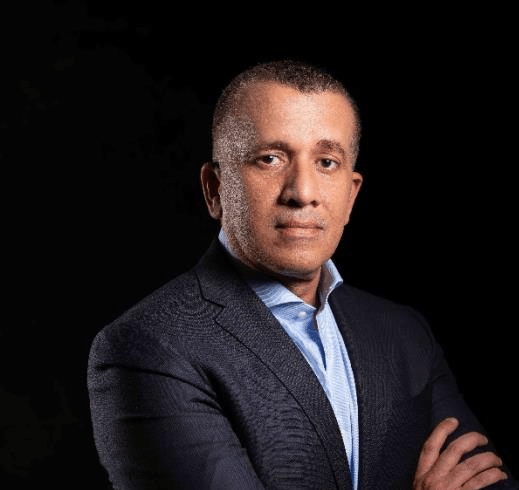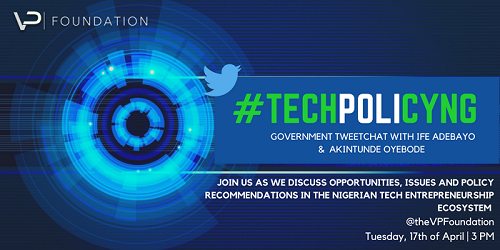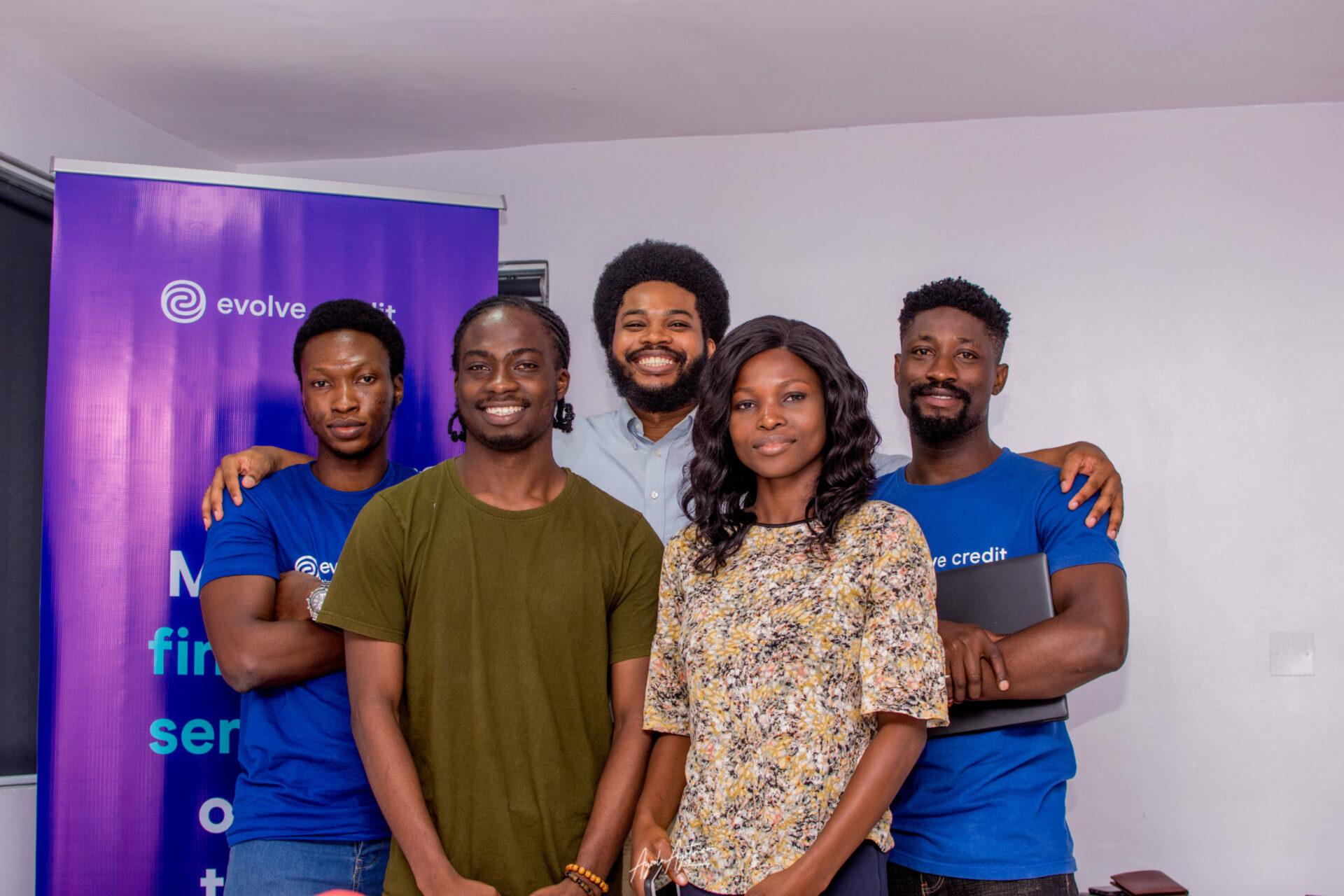Microsoft’s Africa Transformation Office will drive strategic initiatives across Africa to accelerate digital transformation and economic prosperity To enable digital transformation powered by Africans for Africa, Microsoft is doubling down on its investment in the continent with the establishment of the Africa Transformation Office (ATO), led by managing director Wael Elkabbany. Under Elkabbany’s leadership, the ATO will partner with public and private organizations to empower millions of Africans and foster economic prosperity.
Elkabbany moves from leading enterprise sales for the company across the Middle East and Africa, and previously held roles at British Telecom and other leading businesses in the region. Hailing from Egypt, he holds a B.Sc. in communication engineering, and postgraduate studies in corporate governance, international trade, and financial planning.
“We’ve been present in Africa for 30 years, with major investments that have tangibly impacted the continent’s economic growth. Now is the time for us to increase this investment and play a larger role in enabling transformation and economic prosperity,” says Microsoft Middle East and Africa corporate vice president and president Samer Abu-Ltaif. “With his experience in driving cloud adoption at scale, and deep understanding of Africa, Wael Elkabbany was the ideal choice to lead our new digital engagement strategy.”
There is a pressing need to adopt digital platforms to accelerate Africa’s economic growth. This means investment in network infrastructure and high-speed access solutions, together with intentional focus on regulatory and commercial reforms. Innovation in cloud services will better enable Africans to participate in the global digital economy, however these opportunities come with challenges that need to be addressed to unlock the continent’s full digital potential.
Elkabbany’s team will focus on enabling growth and fuelling investment in four essential development areas – digital infrastructure, skilling, Small and Medium Enterprises (SMEs), and startups. Understanding that these ambitious goals cannot be achieved alone, strategic partnerships with governments, international organizations, multinationals, and African enterprises will accelerate investments in Africa and increase the continent’s export of digital services.
“While the African opportunity is immense, the challenges are complex, and no one company or the government can solve them alone. We are working across sectors, technologies, and borders to foster partnerships and develop solutions that will have a lasting impact. Microsoft is committed to rethinking how and why we develop digital solutions and strategies to better serve the needs of Africa, and I am enthusiastic about the opportunity to help build a truly connected continent,” concludes Elkabbany.





















